
Find Help
More Items From Ergsy search
-

What is anaphylaxis?
Relevance: 100%
-

NHS Acute Care Anaphylaxis
Relevance: 89%
-

Is epinephrine the only treatment for severe nut allergy reactions?
Relevance: 39%
-

What are the symptoms of a nut allergy?
Relevance: 33%
-
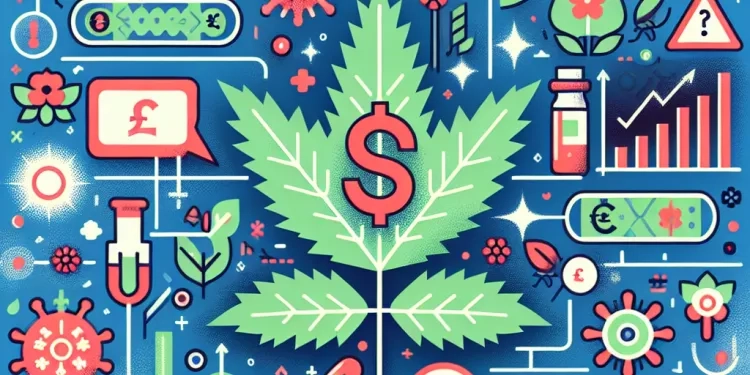
What are potential complications of nettle rash?
Relevance: 30%
-

What are Nut Allergies?
Relevance: 30%
-

What should I do if I think I have a nut allergy?
Relevance: 28%
-

Does Ozempic cause allergic reactions?
Relevance: 25%
-
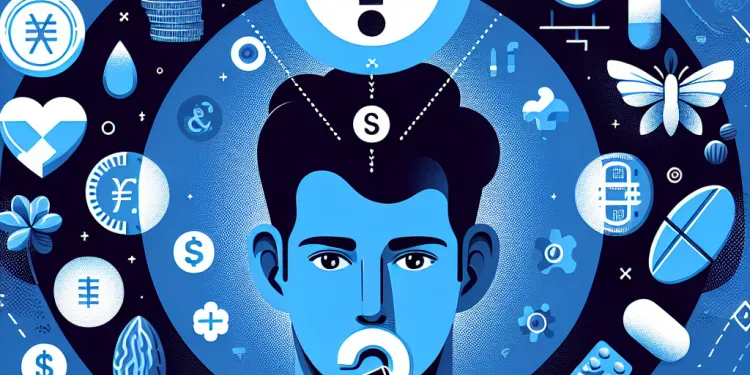
What is the difference between a nut allergy and intolerance?
Relevance: 22%
-

Can I get the COVID jab if I have allergies?
Relevance: 22%
-

What should I tell my family and friends about my nut allergy?
Relevance: 20%
-

What are Dairy Allergies?
Relevance: 18%
-
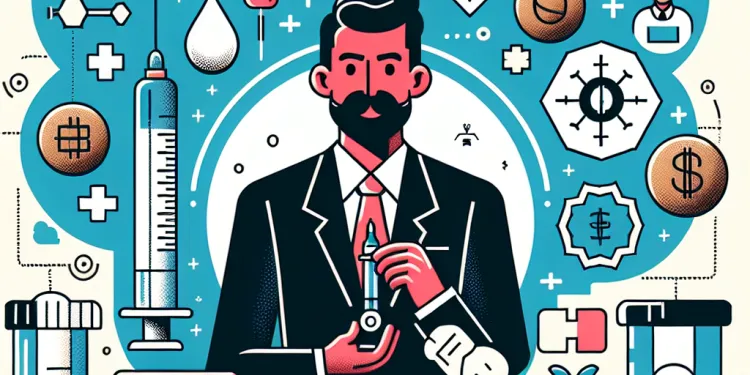
How can nut allergies be managed?
Relevance: 18%
-

Can tree nuts and peanuts cause cross-reactions?
Relevance: 18%
-

Is there a cure for nut allergies?
Relevance: 17%
-

What are common side effects of antibiotics?
Relevance: 16%
-

Think Pharmacy: Introduction for Bites and Stings
Relevance: 16%
-
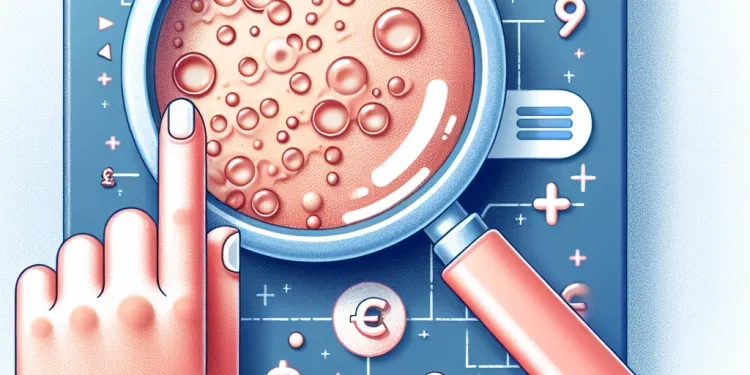
Hives - Skin Condition
Relevance: 16%
-

Can nut allergies be outgrown?
Relevance: 16%
-
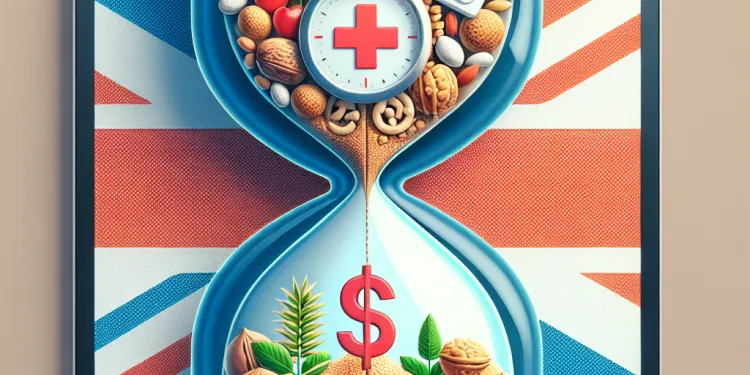
Can nut allergies develop later in life?
Relevance: 16%
-

Can patients with drug allergies still take heart disease medications?
Relevance: 16%
-

What types of nuts can cause allergies?
Relevance: 15%
-

Can orange juice be allergenic?
Relevance: 15%
-

Are there any recent treatments or research developments for nut allergies?
Relevance: 14%
-

How are food allergies managed in UK schools?
Relevance: 13%
-
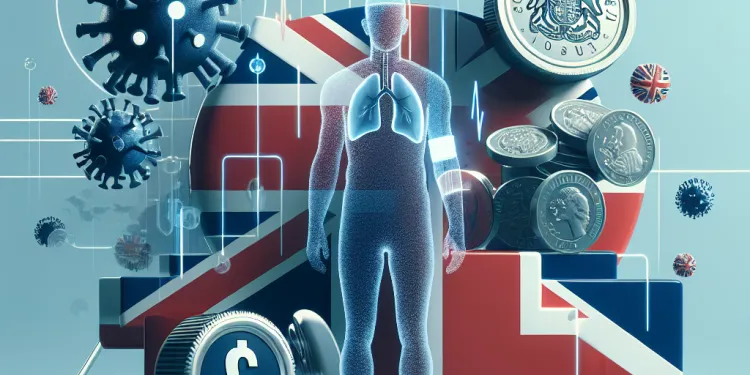
What are the common side effects of vaccines?
Relevance: 12%
-
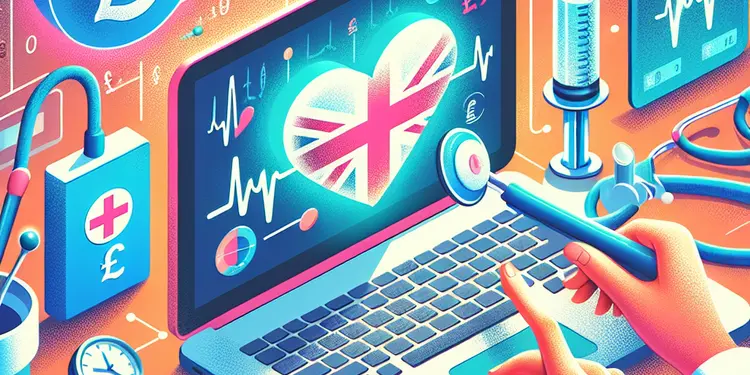
Will I experience side effects from the COVID jab?
Relevance: 11%
-

Nettle rash
Relevance: 11%
-
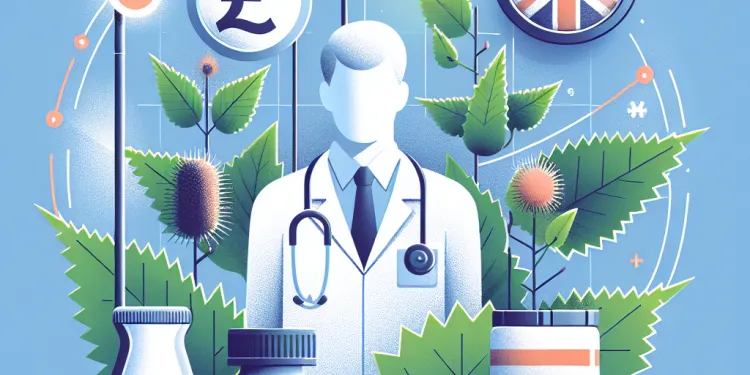
When should I see a doctor for nettle rash?
Relevance: 11%
-

Can children get nettle rash?
Relevance: 11%
-

Are there any side effects to the flu vaccine?
Relevance: 11%
-

Are there any contraindications for Mounjaro?
Relevance: 10%
-
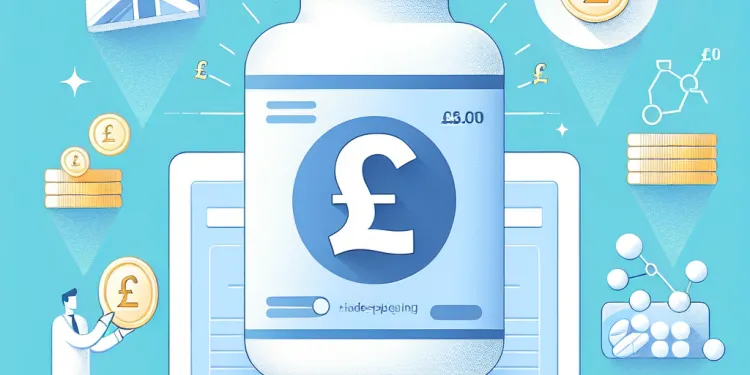
What are the side effects of Aspirin?
Relevance: 10%
-

What if I have an egg allergy, can I still get the flu vaccine?
Relevance: 10%
-

Can UK spiders cause allergic reactions?
Relevance: 10%
-
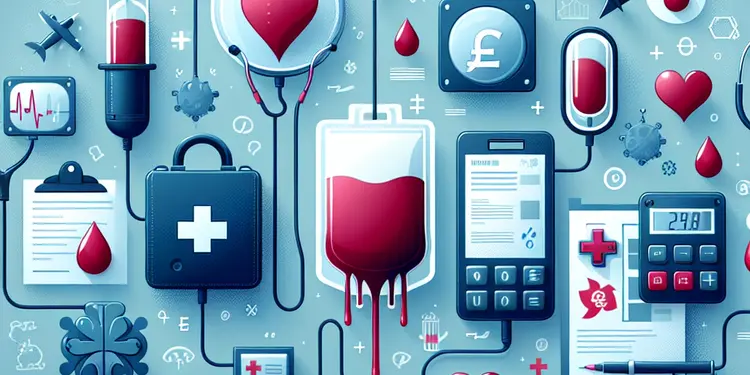
Can certain medical conditions prevent receiving blood transfusions?
Relevance: 10%
-

Are there risks associated with blood transfusions?
Relevance: 10%
-
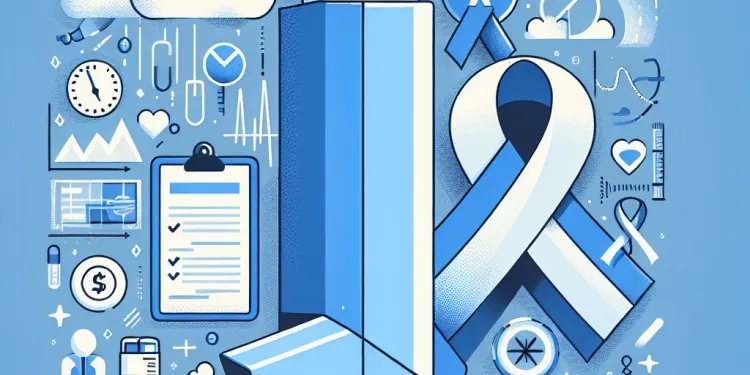
What triggers asthma attacks?
Relevance: 6%
-

Nettle Rash
Relevance: 6%
-

What topics are covered in a first aid course?
Relevance: 6%
What is Anaphylaxis?
Anaphylaxis is a serious and potentially life-threatening allergic reaction that can happen swiftly after exposure to an allergen. The reaction can occur within seconds or minutes and can affect the whole body. It is considered a medical emergency, requiring immediate treatment to prevent the situation from worsening.
Causes of Anaphylaxis
Anaphylaxis is commonly triggered by certain foods, medications, insect stings, or latex. In the UK, nuts, shellfish, eggs, and dairy products are frequent food culprits. Medications such as penicillin and aspirin, as well as bee or wasp stings, are also common causes. Less common triggers include physical exercise and exposure to cold temperatures, especially when preceded by the consumption of specific foods or medications.
Symptoms of Anaphylaxis
The symptoms of anaphylaxis can vary, but they typically develop quickly. Common signs include hives, swelling of the face, lips, or throat, and difficulty breathing. Other symptoms may be a rapid heartbeat, a sudden drop in blood pressure, dizziness, confusion, or loss of consciousness. Gastrointestinal symptoms such as vomiting, diarrhoea, or abdominal cramps may also occur.
Diagnosis and Treatment
Diagnosing anaphylaxis is primarily based on the identification of symptoms following exposure to a known allergen. Medical professionals may use blood tests or skin tests after the acute phase to determine the specific allergens involved. Once diagnosed, the primary treatment for anaphylaxis is an injection of adrenaline, also known as epinephrine. This is commonly administered via an auto-injector, such as an EpiPen, which individuals prone to severe allergies should carry at all times.
Prevention and Management
Preventing anaphylaxis involves avoiding known allergens and being prepared to treat accidental exposure. It is crucial for individuals at risk of anaphylaxis, and their families and carers, to recognize the signs of an allergic reaction and know how to use an adrenaline auto-injector. Wearing a medical alert bracelet and having an action plan can significantly aid in managing the condition. Regular consultation with an allergist can help refine avoidance strategies and prevent future episodes.
Living with Anaphylaxis
Living with the risk of anaphylaxis can be challenging, but with the right precautions, people can lead normal and active lives. Education on anaphylaxis management should extend to schools and workplaces to ensure a safe environment. Public awareness campaigns in the UK aim to improve understanding and reduce the stigma associated with severe allergies. Support groups and online resources can provide guidance and connect individuals facing similar challenges.
What is Anaphylaxis?
Anaphylaxis is a very serious allergic reaction. It can happen fast after you touch something you are allergic to, called an allergen. This can happen in just a few seconds or minutes. Anaphylaxis can make you very sick, so you need a doctor’s help right away.
Causes of Anaphylaxis
Things like certain foods, medicines, insect stings, or latex can cause anaphylaxis. In the UK, foods such as nuts, shellfish, eggs, and dairy are common triggers. Some medicines like penicillin and aspirin, and bee or wasp stings, can also cause anaphylaxis. Sometimes, exercise or being cold, especially after eating certain foods or taking certain medicines, can lead to anaphylaxis.
Symptoms of Anaphylaxis
Anaphylaxis symptoms usually happen quickly. You might get itchy red spots called hives, or your face, lips, or throat might swell up, making it hard to breathe. Other signs include a fast heartbeat, feeling dizzy or confused, and even fainting. You might also feel sick, have a tummy ache, or get diarrhoea.
Diagnosis and Treatment
Doctors look for signs of anaphylaxis after you’ve been near something that causes your allergies. They might do blood or skin tests later to find out exactly what you are allergic to. To treat anaphylaxis, you need an injection of a medicine called adrenaline. This is usually done using a special pen, like an EpiPen, which people with severe allergies should always have with them.
Prevention and Management
To stop anaphylaxis, try to avoid the things you're allergic to. Be ready in case you accidentally come into contact with them. It's important for you, your family, and caregivers to know the signs of an allergic reaction and how to use the adrenaline pen. Wearing a medical bracelet can help. Having a plan helps you stay safe, and seeing an allergy doctor can help you avoid future problems.
Living with Anaphylaxis
Having anaphylaxis can be tough, but you can still live a normal life with the right precautions. It’s important for schools and workplaces to know what to do if someone has an allergic reaction. In the UK, there are campaigns to help people understand severe allergies better. Support groups and online help can connect you with others and offer support.
Frequently Asked Questions
What is anaphylaxis?
Anaphylaxis is a severe, potentially life-threatening allergic reaction that can occur rapidly and requires immediate medical attention.
What are the common causes of anaphylaxis?
Common causes of anaphylaxis include allergies to foods, insect stings, medications, and, in some cases, exercise or unknown triggers.
What are the symptoms of anaphylaxis?
Symptoms can include difficulty breathing, swelling of the face and throat, a rapid drop in blood pressure, skin rash or hives, nausea, vomiting, and a weak or rapid pulse.
How quickly does anaphylaxis occur?
Anaphylaxis can occur within seconds or minutes of exposure to an allergen, though in some cases, it can occur up to a few hours later.
How is anaphylaxis treated?
The primary treatment for anaphylaxis is an injection of epinephrine, commonly known as adrenaline, followed by immediate medical attention.
What should you do if someone is experiencing anaphylaxis?
Call emergency services immediately, administer an epinephrine auto-injector if available, and lay the person down while you wait for medical help.
Can anaphylaxis be prevented?
Anaphylaxis can often be prevented by avoiding known allergens and carrying an epinephrine auto-injector for emergency use.
Is anaphylaxis common?
Anaphylaxis is relatively uncommon but can occur in people with severe allergies. It is estimated to affect 1-2% of the population.
What is an epinephrine auto-injector?
An epinephrine auto-injector is a medical device used to deliver a measured dose of epinephrine and is used in the treatment of acute allergic reactions like anaphylaxis.
Can anaphylaxis occur more than once?
Yes, individuals who have experienced anaphylaxis are at risk for future episodes, especially if they are exposed to the same allergen.
Are there any long-term effects of anaphylaxis?
With proper and prompt treatment, most people recover fully from anaphylaxis. However, repeated episodes without treatment can be dangerous.
How is anaphylaxis diagnosed?
Anaphylaxis is diagnosed based on symptoms, medical history, and sometimes, allergen testing. Immediate recognition of symptoms is crucial.
What foods commonly trigger anaphylaxis?
Common food triggers include peanuts, tree nuts, shellfish, fish, milk, eggs, and soy.
Can stress cause anaphylaxis?
Stress itself is not a direct cause of anaphylaxis, but it can worsen the symptoms of an allergic reaction or contribute to a trigger in some cases.
Is there a difference between an allergic reaction and anaphylaxis?
Yes, anaphylaxis is a severe, life-threatening reaction, whereas a common allergic reaction is usually milder and not life-threatening.
Can exercise trigger anaphylaxis?
In some rare cases, physical exercise can trigger anaphylaxis, particularly if combined with certain foods or medications taken beforehand.
What is biphasic anaphylaxis?
Biphasic anaphylaxis occurs when symptoms return after initial treatment, typically within 12 to 72 hours after the first reaction.
Can medications cause anaphylaxis?
Yes, certain medications, including antibiotics and non-steroidal anti-inflammatory drugs, can trigger anaphylaxis in susceptible individuals.
What should I do if I have an epinephrine auto-injector but I'm not sure I'm having anaphylaxis?
If in doubt, it's better to use the epinephrine auto-injector and seek immediate medical help. Delay in treatment can be life-threatening.
Can children experience anaphylaxis?
Yes, children can experience anaphylaxis, often due to food allergies, and they require the same prompt treatment as adults.
What is anaphylaxis?
Anaphylaxis is a bad reaction some people have to things like food, insects, or medicine. It makes it hard to breathe, and you might feel very sick. You need help from a doctor quickly.
Helpful tip: If you have allergies, carry an EpiPen. It can help you feel better if you have a reaction.
Support: Tell someone you trust about your allergies. Keep a list of things you are allergic to.
Anaphylaxis is a very bad allergic reaction. It can happen quickly and can be very dangerous. If it happens, you need help from a doctor right away.
What can make someone have a bad allergic reaction?
Anaphylaxis can happen because of allergies. Some common things that cause it are certain foods, insect stings, and medicines. Sometimes, exercise or things we don't know can also cause it.
What happens when someone has anaphylaxis?
Anaphylaxis is when the body has a very strong reaction to something like a bee sting or certain foods.
These are some things that might happen:
- The person might feel their throat getting tight.
- They might have trouble breathing.
- Their skin could get red and itchy.
- They might feel very dizzy or faint.
- Their lips or face could swell up.
It is very important to get help right away if this happens. Call for an adult or dial emergency services if you see someone with these symptoms.
To learn more or if you find reading difficult, using a text-to-speech tool can help. It reads out loud what's on the page.
Signs might be trouble breathing, face and throat getting bigger, fast drop in blood pressure, skin redness or bumps, feeling sick, throwing up, and a fast or weak heartbeat.
If you need help understanding words, you can ask someone to explain them. It might help to read in a quiet place or use a tool that reads text out loud.
How fast does anaphylaxis happen?
Anaphylaxis can happen very quickly. After eating something or being stung by a bee, it can start within minutes. It is important to get help right away. **Here are some tips to help:** - **Look for signs:** If someone has trouble breathing or their face swells, it might be anaphylaxis. - **Use an EpiPen:** If the person has an EpiPen, use it and call for help. - **Call for help:** Dial emergency services immediately. **Tools to Remember:** - **Flashcards:** Make cards to remember the steps. - **Pictures:** Use images to know what to look for. - **Practice:** Try role-playing to feel more prepared.Anaphylaxis is a serious reaction. It can happen a few seconds or minutes after you meet something you are allergic to. Sometimes, it can happen a few hours later.
How do doctors help with anaphylaxis?
Anaphylaxis is a very strong allergic reaction. It can be dangerous. If someone has anaphylaxis, they need help quickly.
This is what doctors do:
- They give an injection called epinephrine. This helps stop the reaction.
- They may give oxygen to help the person breathe.
- They watch the person to make sure they are safe.
Here are some things you can use to help understand:
- Ask someone you trust to explain it to you.
- Use pictures or videos to learn more.
- Write down questions you have and ask a doctor or nurse.
The main way to help someone with anaphylaxis is to give them a shot of medicine called epinephrine, or adrenaline. After that, they need to see a doctor right away.
What to do if someone has a bad allergic reaction
If a person has a serious allergy and feels very bad, it's an emergency. Follow these steps:
- Stay calm and call 911 right away.
- Help them sit or lie down comfortably.
- If they have an EpiPen, help them use it.
- Stay with them until help arrives.
You can also watch a video about using an EpiPen to be ready if it happens.
Call 999 or 112 right away. Use an EpiPen if you have one. Have the person lie down and stay with them until help arrives.
How can we stop anaphylaxis from happening?
Anaphylaxis is a very bad allergic reaction. It can make it hard to breathe and might be dangerous.
To stop it from happening:
- Know what you are allergic to. Try to stay away from those things.
- Carry special medicine like an auto-injector (sometimes called an EpiPen). Use it if you start having a bad reaction.
- Wear a medical bracelet that says what you are allergic to. This helps others know how to help you.
- Ask your doctor about other ways to stay safe.
These steps can help keep you safe from anaphylaxis.
You can stop a bad allergic reaction by staying away from things that make you sick. Always have a special medicine pen called an epinephrine auto-injector with you just in case.
Is anaphylaxis common?
Anaphylaxis is not very common. This is a serious allergy reaction.
It is important to know about it. If someone has anaphylaxis, they need help quickly.
People can ask doctors for more information. A doctor can tell you what to do next.
Anaphylaxis is a serious allergic reaction. It does not happen often, but it can happen to people with strong allergies. About 1 to 2 out of every 100 people might have this reaction.
What is an epinephrine auto-injector?
An epinephrine auto-injector is a small, easy-to-use shot. It helps people who have a serious allergy. If they eat or touch something they are very allergic to, the shot can help them breathe and feel better.
Tools to Help You:
- Ask a grown-up or doctor to show you how to use it.
- Practice with a toy version if you can.
- Watch videos online to see how it works.
An epinephrine auto-injector is a tool that gives a special medicine called epinephrine. This medicine helps if someone has a bad allergic reaction.
Can someone have anaphylaxis more than one time?
Yes, a person can have anaphylaxis more than once. Anaphylaxis is a serious allergic reaction. It can happen every time someone is allergic to something and they come into contact with it.
It is important to know what things cause the allergy. People should avoid these things.
If someone has anaphylaxis, they should have medicine with them. The medicine is called an EpiPen. It can help them if they have a reaction.
It is good to talk to a doctor to learn more about allergies and how to stay safe.
Yes, if someone had a severe allergic reaction called anaphylaxis before, they might have it again. This can happen if they come into contact with the same thing they are allergic to.
What happens after a serious allergic reaction?
A serious allergic reaction is called anaphylaxis. After it happens, people might worry about what could happen later.
Usually, if they use medicine quickly, they get better. But it's important to see a doctor for help.
Here are some things that can help:
- Keep an allergy plan from the doctor.
- Wear a bracelet that shows allergies.
- Carry medicine, like an EpiPen, all the time.
- Ask the doctor if anything could happen later, so you know what to watch for.
If you get the right treatment quickly, most people will get better from an allergic reaction called anaphylaxis. But if you have more reactions and don't get help, it can be very risky.
How do doctors know if someone has anaphylaxis?
Anaphylaxis is something doctors find out about by looking at the symptoms, learning about a person's health history, and sometimes testing for what causes it. It's very important to notice the symptoms right away.
What foods can cause a strong allergic reaction?
Some foods can make people feel unwell. These foods are:
- Peanuts
- Tree nuts (like walnuts and almonds)
- Shellfish (like shrimp and crab)
- Fish (like salmon and tuna)
- Milk
- Eggs
- Soy
If these foods make you feel sick, it's helpful to remember them and try not to eat them.
Can stress make you have a severe allergic reaction?
Stress doesn't cause anaphylaxis, but it can make an allergic reaction worse or help start one in some cases.
Are an allergy and anaphylaxis the same?
No, they are not the same.
An allergy can make you feel itchy or give you a rash.
Anaphylaxis is very serious and happens very fast. It can make it hard to breathe.
If you think someone has anaphylaxis, call for help right away!
To learn more, you can ask a doctor or a nurse.
Yes, anaphylaxis is a very serious and dangerous reaction. It can be life-threatening. A regular allergic reaction is usually not as bad and is not life-threatening.
If you want help understanding things better, you can use these tips:
- Use pictures or symbols to help explain words.
- Ask someone to talk through it with you.
- Break down big words into smaller parts.
Can Exercise Cause a Severe Allergic Reaction?
Exercise can sometimes make a bad allergic reaction happen. This is called anaphylaxis. It is very rare. Anaphylaxis is when your body has a very strong response to something, like food or medicine.
If you feel dizzy, have trouble breathing, or get hives when you exercise, stop and tell someone right away.
If you have allergies, talk to a doctor about how to exercise safely.
Sometimes, exercise can cause a serious allergic reaction called anaphylaxis. This can happen if you eat certain foods or take certain medicines before exercising.
What is biphasic anaphylaxis?
Anaphylaxis is a strong allergic reaction. It can be very dangerous.
Biphasic anaphylaxis means there are two parts to the reaction.
First, you have an allergic reaction. You might feel better after getting treatment.
Then, you might have another reaction hours later. This is the second part.
It is important to stay with a doctor after an allergic reaction in case the second part happens.
If you have anaphylaxis, a doctor can help you. You might need medicines like an EpiPen.
Make sure to tell an adult if you ever feel sick from an allergy.
Biphasic anaphylaxis is when an allergic reaction comes back after getting better. This usually happens between 12 and 72 hours after it first starts.
Can medicines make you very sick?
Some medicines can make people very sick. This is called anaphylaxis.
Anaphylaxis happens fast and can be dangerous.
If someone gets sick after taking medicine, they should tell an adult or doctor right away.
You can use picture charts or ask someone to help you understand medicines better.
Yes, some medicines can cause a very bad reaction called anaphylaxis in some people. These medicines include antibiotics and pain-relief drugs.
If you or someone you know has a hard time with reading, tools like text-to-speech software can help. You can also ask someone you trust to read with you. It's okay to read slowly and ask for help when you need it.
What should I do if I have an epinephrine auto-injector but I'm not sure it's an allergy emergency?
If you have an epinephrine pen (like an EpiPen) and you think you might be having a bad allergic reaction, here is what you can do:
- Stay Calm: Try to stay calm and take deep breaths.
- Get Help: Ask someone you trust for help.
- Call for Help: Call 911 or your emergency number right away.
- Wait for Help: Stay where it is safe and wait for help to arrive.
- Use the Pen: If you start feeling worse quickly, use your epinephrine pen.
If you are unsure what to do, it is good to ask a doctor or nurse. You can also use pictures or videos to help you learn more about using the pen safely.
If you are not sure, it is better to use the epinephrine auto-injector. Ask for medical help right away. Waiting too long can be very dangerous.
Can kids have a serious allergic reaction?
Yes, kids can have a serious allergic reaction called anaphylaxis. This often happens because of food allergies. Kids need quick treatment, just like grown-ups do.
Useful Links
This website offers general information and is not a substitute for professional advice.
Always seek guidance from qualified professionals.
If you have any medical concerns or need urgent help, contact a healthcare professional or emergency services immediately.
Some of this content was generated with AI assistance. We’ve done our best to keep it accurate, helpful, and human-friendly.
- Ergsy carfully checks the information in the videos we provide here.
- Videos shown by Youtube after a video has completed, have NOT been reviewed by ERGSY.
- To view, click the arrow in centre of video.
- Most of the videos you find here will have subtitles and/or closed captions available.
- You may need to turn these on, and choose your preferred language.
- Go to the video you'd like to watch.
- If closed captions (CC) are available, settings will be visible on the bottom right of the video player.
- To turn on Captions, click settings .
- To turn off Captions, click settings again.
More Items From Ergsy search
-

What is anaphylaxis?
Relevance: 100%
-

NHS Acute Care Anaphylaxis
Relevance: 89%
-

Is epinephrine the only treatment for severe nut allergy reactions?
Relevance: 39%
-

What are the symptoms of a nut allergy?
Relevance: 33%
-

What are potential complications of nettle rash?
Relevance: 30%
-

What are Nut Allergies?
Relevance: 30%
-

What should I do if I think I have a nut allergy?
Relevance: 28%
-

Does Ozempic cause allergic reactions?
Relevance: 25%
-

What is the difference between a nut allergy and intolerance?
Relevance: 22%
-

Can I get the COVID jab if I have allergies?
Relevance: 22%
-

What should I tell my family and friends about my nut allergy?
Relevance: 20%
-

What are Dairy Allergies?
Relevance: 18%
-

How can nut allergies be managed?
Relevance: 18%
-

Can tree nuts and peanuts cause cross-reactions?
Relevance: 18%
-

Is there a cure for nut allergies?
Relevance: 17%
-

What are common side effects of antibiotics?
Relevance: 16%
-

Think Pharmacy: Introduction for Bites and Stings
Relevance: 16%
-

Hives - Skin Condition
Relevance: 16%
-

Can nut allergies be outgrown?
Relevance: 16%
-

Can nut allergies develop later in life?
Relevance: 16%
-

Can patients with drug allergies still take heart disease medications?
Relevance: 16%
-

What types of nuts can cause allergies?
Relevance: 15%
-

Can orange juice be allergenic?
Relevance: 15%
-

Are there any recent treatments or research developments for nut allergies?
Relevance: 14%
-

How are food allergies managed in UK schools?
Relevance: 13%
-

What are the common side effects of vaccines?
Relevance: 12%
-

Will I experience side effects from the COVID jab?
Relevance: 11%
-

Nettle rash
Relevance: 11%
-

When should I see a doctor for nettle rash?
Relevance: 11%
-

Can children get nettle rash?
Relevance: 11%
-

Are there any side effects to the flu vaccine?
Relevance: 11%
-

Are there any contraindications for Mounjaro?
Relevance: 10%
-

What are the side effects of Aspirin?
Relevance: 10%
-

What if I have an egg allergy, can I still get the flu vaccine?
Relevance: 10%
-

Can UK spiders cause allergic reactions?
Relevance: 10%
-

Can certain medical conditions prevent receiving blood transfusions?
Relevance: 10%
-

Are there risks associated with blood transfusions?
Relevance: 10%
-

What triggers asthma attacks?
Relevance: 6%
-

Nettle Rash
Relevance: 6%
-

What topics are covered in a first aid course?
Relevance: 6%


